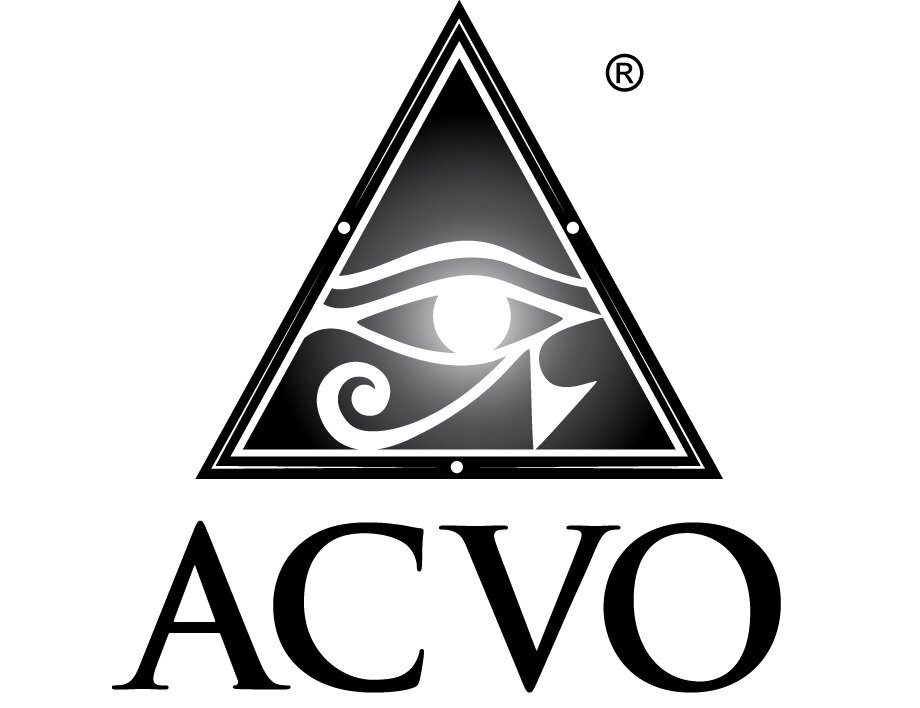SARDS
Jeffrey Bowersox, DVM, DACVO
Sudden Acquired Retinal Degeneration Syndrome
What is “SARDS”?
Sudden Acquired Retinal Degeneration Syndrome (SARDS) is a poorly understood condition that affects the function of the retinal tissues of the eye. Clinical symptoms of this condition are characterized by acute (sudden) onset of blindness associated with dilation of the pupils. Along with the sudden loss of vision, many dogs show systemic and behavioral changes such as increased appetite, increased thirst and urination, and sudden gain in weight. Many of these same symptoms are similar to an endocrine condition termed hyperadrenocorticism or Cushing’s-like syndrome, but the association with this condition is not consistent. In many cases liver enzymes are found to be abnormal on bloodwork without outward signs of liver dysfunction.
How is “SARDS” diagnosed?
SARDS can be diagnosed in any breed, although Miniature Schnauzers, Dachschunds, and Pugs may be overrepresented. The average age of onset of symptoms is 7-10 years. Upon examination of your pet, your veterinary ophthalmologist typically will find no structural abnormalities in the appearance of the retinal tissues. Signalment and recognition of clinical symptoms, along with Chromatic (color) wavelength testing of your pet’s pupil response can suggest retinal disease, but confirmation of retinal dysfunction by your veterinary ophthalmologist requires electrodiagnostic testing of the eye. A diagnostic test called an Electroretinogram (ERG) measures the electrical activity of the retinal and is required to confirm a diagnosis of SARDs but also can be helpful in directing any potential therapy. It is important to pursue ERG testing with a veterinary ophthalmologist in order to rule out more severe, and sometimes more treatable central nervous system conditions.
How is “SARDS” treated?
The pathogenesis of SARDS remains unknown, but neuroendocrine and autoimmune mechanisms have been suggested. Therapies that target these disease pathways have been proposed to reverse or prevent further vision loss in SARDS-affected dogs, but many of these treatments are controversial and no specific one therapy has been found to be documented as being successful. Much clinical interest and research funding has been dedicated to finding answers about this condition.
What is the prognosis for “SARDS”
Unfortunately, as mentioned, there is currently no effective treatment for SARDS that is supported by published clinical trials. The prognosis for vision return in patients diagnosed with SARDS is very poor. In few cases, some improvement in visual cues can be obtained but patients generally never return to full functional vision. Your veterinary ophthalmologist can discuss your pet’s specific situation with you and can provide advice and tips on how to aid your pet with adjusting to the change in their lifestyle. Most pets can and do still maintain a very active and interactive members of the family.
More detailed information about a collaborative white paper developed by the American College of Veterinary Ophthalmologists and the ACVO Vision for Animals Foundation can be found at their webpage.
